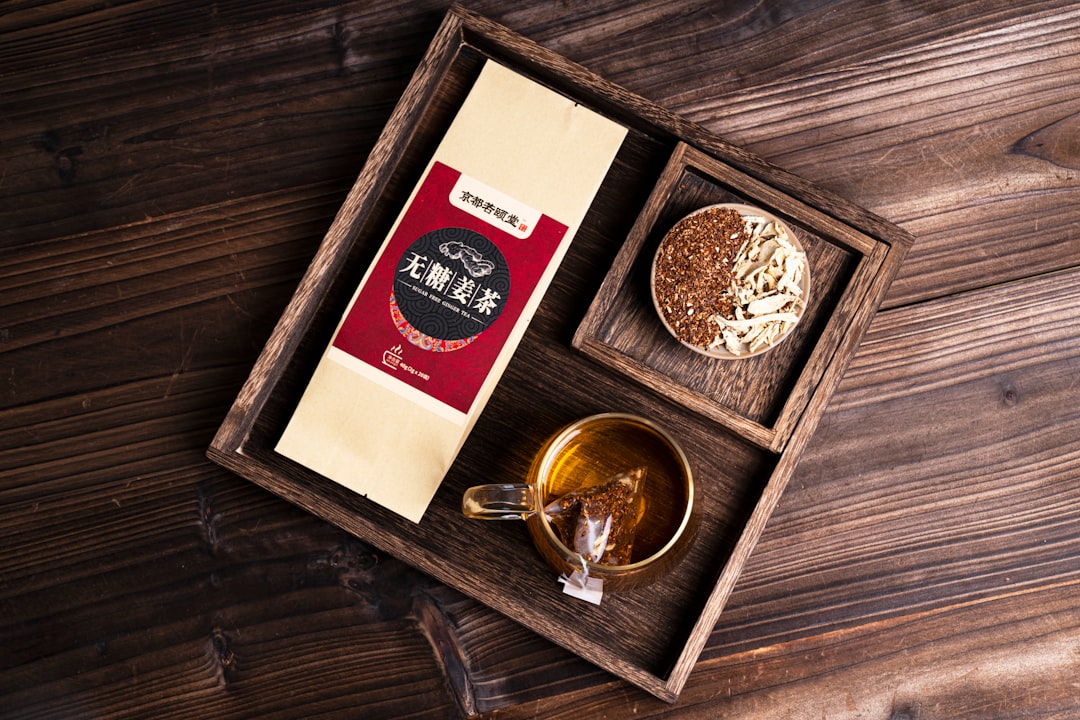Best Sugar Free Coffee

Love coffee but trying to cut back on sugar? You’re not alone! Lots of us want that caffeine boost without the sugary crash. Finding the best sugar-free coffee option can feel overwhelming, but don’t worry, I’m here to help you navigate the world of sugar-free coffee and find something you’ll truly enjoy.

Understanding Sugar in Coffee
Before we dive into the best sugar-free options, let’s quickly talk about why we might want to avoid sugar in our coffee. Sugar adds calories, can lead to energy spikes and crashes, and isn’t great for our overall health, especially if we’re having multiple sugary coffees a day. Many coffee shops load up their drinks with added sugars, often without us even realizing it! That’s why exploring sugar-free alternatives is a smart move.
Top Sugar-Free Coffee Options
Okay, let’s get to the good stuff! Here are some fantastic ways to enjoy coffee without any added sugar:
Black Coffee: The Classic Choice
Good old black coffee is the purest form of coffee enjoyment! It has zero sugar and very few calories. It allows you to truly taste the coffee’s flavor profile, from its acidity to its body and aroma. If you’re used to sugary drinks, black coffee might take some getting used to, but it’s worth it. Try different roasts (light, medium, dark) to find one that suits your palate. Lighter roasts tend to be more acidic, while darker roasts are often bolder and less acidic.
Unsweetened Coffee with Sugar-Free Sweeteners
If you need a touch of sweetness, there are plenty of sugar-free sweeteners available. Here are a few popular options:
- Stevia: A natural sweetener derived from the stevia plant. It’s much sweeter than sugar, so you only need a tiny amount. Some people find it has a slightly bitter aftertaste.
- Erythritol: A sugar alcohol that’s about 70% as sweet as sugar. It’s generally well-tolerated, with fewer digestive issues than some other sugar alcohols.
- Monk Fruit: Another natural sweetener, derived from the monk fruit. It has no calories and is much sweeter than sugar. It’s becoming increasingly popular due to its clean taste.
- Sucralose (Splenda): An artificial sweetener that’s calorie-free. It’s very sweet and widely available.
- Aspartame (Equal, NutraSweet): Another artificial sweetener. It has been used for many years and is considered safe by most health organizations in moderate amounts.
Experiment to find which sweetener you like best. Remember to start with a small amount, as these sweeteners are often much more potent than regular sugar.
Coffee with Sugar-Free Syrups
Many brands offer sugar-free syrups in a variety of flavors, such as vanilla, caramel, hazelnut, and mocha. These can add a fun twist to your coffee without the added sugar. Look for syrups that are sweetened with stevia, erythritol, or sucralose. Be sure to check the label, as some “sugar-free” syrups may still contain a small amount of sugar or carbohydrates.
Unsweetened Almond Milk or Other Milk Alternatives
Adding milk to your coffee can make it creamier and milder. Choose unsweetened almond milk, soy milk, oat milk, or coconut milk to avoid added sugar. These alternatives have a naturally subtle sweetness that can enhance your coffee without the need for extra sugar. Always read the labels, as sweetened versions of these milk alternatives can contain a significant amount of added sugar.
Sugar-Free Coffee Creamers
If you prefer a creamier coffee, sugar-free coffee creamers are a great option. Many brands offer sugar-free versions of their popular creamers, in flavors like French vanilla, hazelnut, and Irish cream. Again, be sure to check the ingredient list and nutrition facts to ensure they are truly sugar-free and low in carbohydrates.
Tips for Making the Switch to Sugar-Free Coffee
Transitioning to sugar-free coffee can be a process. Here are some tips to help you make the switch successfully:
- Start gradually: If you usually add two teaspoons of sugar to your coffee, try reducing it to one and a half teaspoons, then one, and so on. This will help your taste buds adjust.
- Experiment with different coffee beans: The flavor of the coffee itself can make a big difference. Try different roasts and origins to find one that you enjoy without added sugar.
- Use high-quality coffee: Better coffee often tastes better without sugar. Invest in freshly roasted beans and grind them just before brewing.
- Control the brewing process: Experiment with different brewing methods (e.g., French press, pour-over, drip) to see which one produces the best flavor for your taste.
- Don’t give up: It takes time for your taste buds to adapt. Be patient and keep trying different options until you find something you love.
Potential Benefits of Sugar-Free Coffee
Choosing sugar-free coffee has several potential benefits:
- Weight management: Reducing sugar intake can help with weight loss or maintenance.
- Improved energy levels: Avoiding sugar crashes can lead to more stable energy throughout the day.
- Better dental health: Sugar contributes to tooth decay.
- Reduced risk of chronic diseases: High sugar intake is linked to an increased risk of type 2 diabetes, heart disease, and other health problems.
Potential Concerns
While sugar-free coffee is generally a healthy choice, there are a few things to keep in mind:
Artificial sweeteners: Some people are sensitive to artificial sweeteners and may experience side effects like headaches or digestive issues. If you have any concerns, talk to your doctor.
Hidden sugars: Be aware of hidden sugars in coffee creamers, syrups, and milk alternatives. Always read the labels carefully.
Frequently Asked Questions
Is it okay to drink coffee every day?
For most healthy adults, moderate coffee consumption (3-4 cups per day) is generally considered safe and may even have some health benefits. However, it’s important to listen to your body and adjust your intake accordingly. Some people are more sensitive to caffeine than others.
Can sugar-free sweeteners cause weight gain?
Studies on the effect of sugar-free sweeteners on weight are mixed. Some studies suggest that they may help with weight management, while others have found no significant effect or even a potential link to weight gain. More research is needed.
Are natural sweeteners like stevia better than artificial sweeteners?
Whether natural sweeteners are “better” than artificial sweeteners is a matter of personal preference and individual tolerance. Some people prefer natural sweeteners because they are derived from plants, while others find that artificial sweeteners have a more consistent taste. Both types of sweeteners have been deemed safe for consumption by regulatory agencies.
What is the healthiest way to drink coffee?
The healthiest way to drink coffee is generally considered to be black coffee, without any added sugar or cream. This minimizes the calorie and sugar content. If you need to add something, opt for unsweetened milk alternatives or a small amount of a sugar-free sweetener.
Making the switch to sugar-free coffee can be a positive step towards a healthier lifestyle. With so many delicious and convenient options available, there’s no reason to sacrifice your coffee enjoyment. Experiment with different flavors, sweeteners, and brewing methods until you find your perfect sugar-free cup. Enjoy!
Related Posts
| Best Sugar Free Creamer |
| Best Sugar Free Coffee Creamer |



